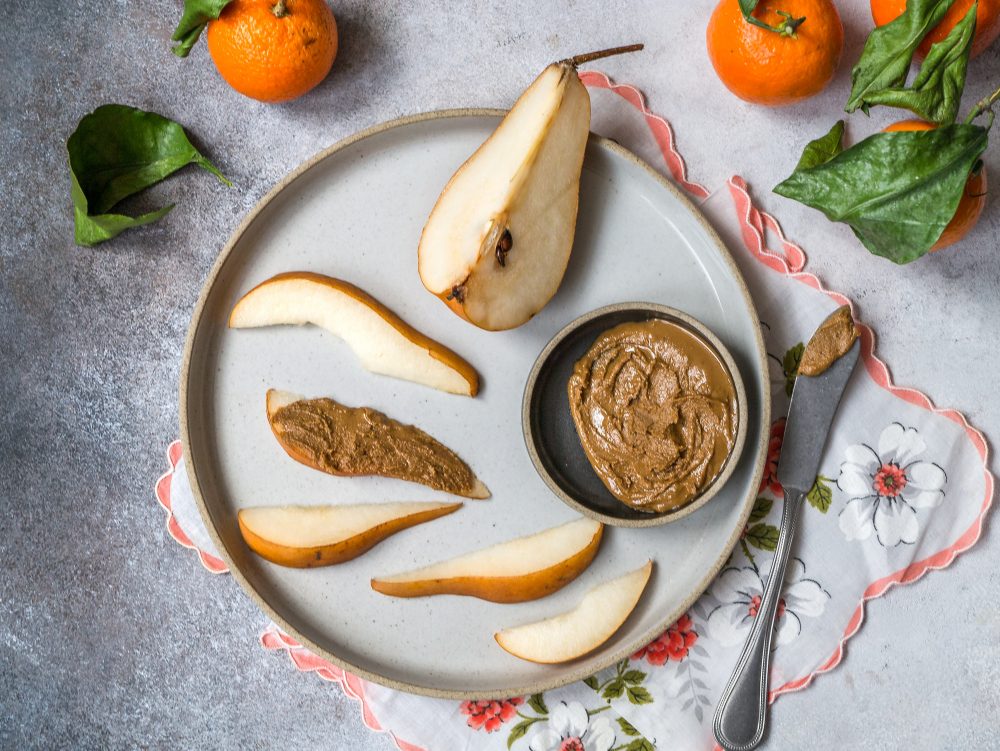Types of Nut and Seeds

You can make nut butter or seed butter out of pretty much any food that’s eaten like a nut or seed. The most common, of course, is peanut butter, which isn’t a nut at all, but a legume.
I’ve known this for years, but only in writing this article did I realize that I wasn’t actually sure about the difference. It turns out that a nut is a fruit with a single seed, while legumes are fruits with multiple seeds. So almonds, walnuts, and hazelnuts are all single inside their hulls, while peanuts typically occur in pairs or even trios inside their shells, more like their legume siblings peas, beans, and lentils.
Nuts
Now you know why peanuts aren’t botanically considered to be nuts. But along with peanuts, almost any nut can be turned into a nut butter, including almonds, cashews, pecans, hazelnuts, pistachios, Brazil nuts, walnuts, and macadamia nuts.
Seeds
What about seeds? Nuts have seeds, but aren’t seeds? Oh dear, more taxonomic confusion. While not getting deep into the biology of plant reproduction (this is a family-friendly website, after all), we can keep it simple by saying that nuts have hard shells (called pericarps) that we have to work to crack open, while seeds are encased in seed coats that are relatively easy to remove. Sunflowers blur the line, but in many cultures, (including American baseball) popping handfuls of sunflower seeds in the mouth and expertly spitting out the shells is a fine art. No nutcracker required.
There are a bunch of seeds that are commonly made into seed butters, like sunflower, pumpkin, sesame (it even has its own special name: tahini), poppy, watermelon, hemp, and flax. One seed hasn’t yet made the cut, but is often included whole in seed butter mixtures: chia.
Seed butters tend to have stronger flavors than nut butters and often benefit from being blended with other seeds or nuts, rather than remaining as a single seed variety. And seed-only butters are often popular alternatives for people with nut allergies.
( Excerpt from The Food Revolution Network)
